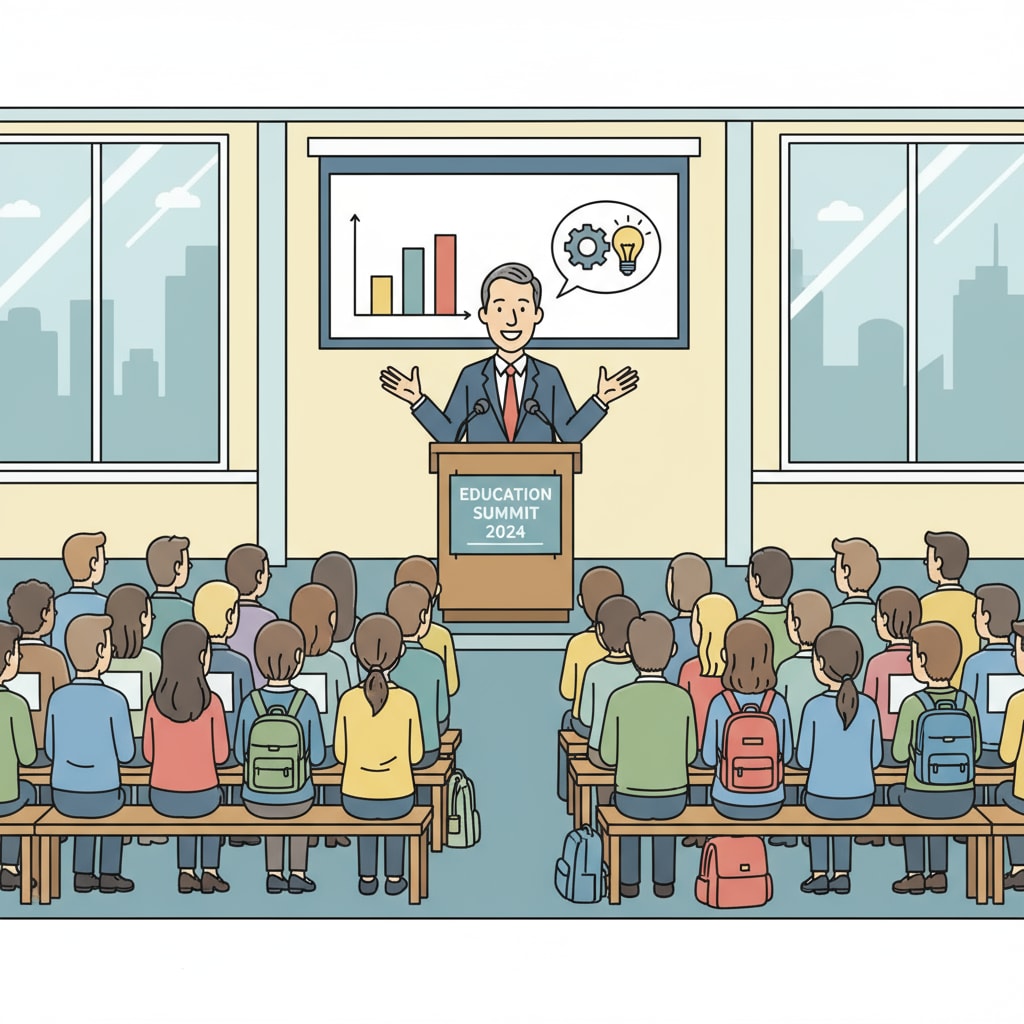The U.S. Department of Education, in collaboration with more than 40 organizations, has established the America 250 Civic Alliance with the aim of enhancing civic education. While the intention may seem noble on the surface, it has given rise to a series of concerns.

Civic education is crucial for the development of an informed and engaged citizenry. However, the formation of this alliance has made people question what lies beneath the surface.
The Threat of Political Interference
One of the major concerns is the potential for political interference. In a democratic society, civic education should be unbiased and inclusive. However, when the government, through the Department of Education, aligns with multiple organizations to promote a particular brand of civic education, there is a risk that it may be influenced by political agendas. For example, certain political groups may try to shape the curriculum to promote their own ideologies. This could lead to a narrow and one-sided understanding of civic responsibilities among students. Civic education in the United States on Wikipedia

Erosion of Educational Autonomy
Another worry is the possible erosion of educational autonomy at the local and institutional levels. Schools and educational institutions often have their own unique approaches to teaching and learning, tailored to the needs of their students. The establishment of a large-scale alliance like the America 250 Civic Alliance may impose standardized models and requirements. This could limit the ability of local educators to design innovative and context-specific civic education programs. As a result, the rich diversity of educational practices may be sacrificed for the sake of a unified approach. Education in the United States on Britannica
Moreover, the financial aspects also play a role. If the alliance brings in funding with certain strings attached, schools may be forced to conform to the alliance’s guidelines, further squeezing their autonomy. This can have a negative impact on the quality and flexibility of civic education.
In conclusion, while the America 250 Civic Alliance, formed by the U.S. Department of Education and various organizations, was intended to boost civic education, it has unfortunately raised valid concerns regarding political interference and the erosion of educational autonomy. It is essential that these issues are carefully considered and addressed to ensure that civic education truly serves the best interests of students and the broader society.

Readability guidance: Short paragraphs and lists are used to summarize key points. Each H2 section provides a list where possible. The proportion of passive voice and long sentences is controlled. Transition words are scattered throughout the text.


